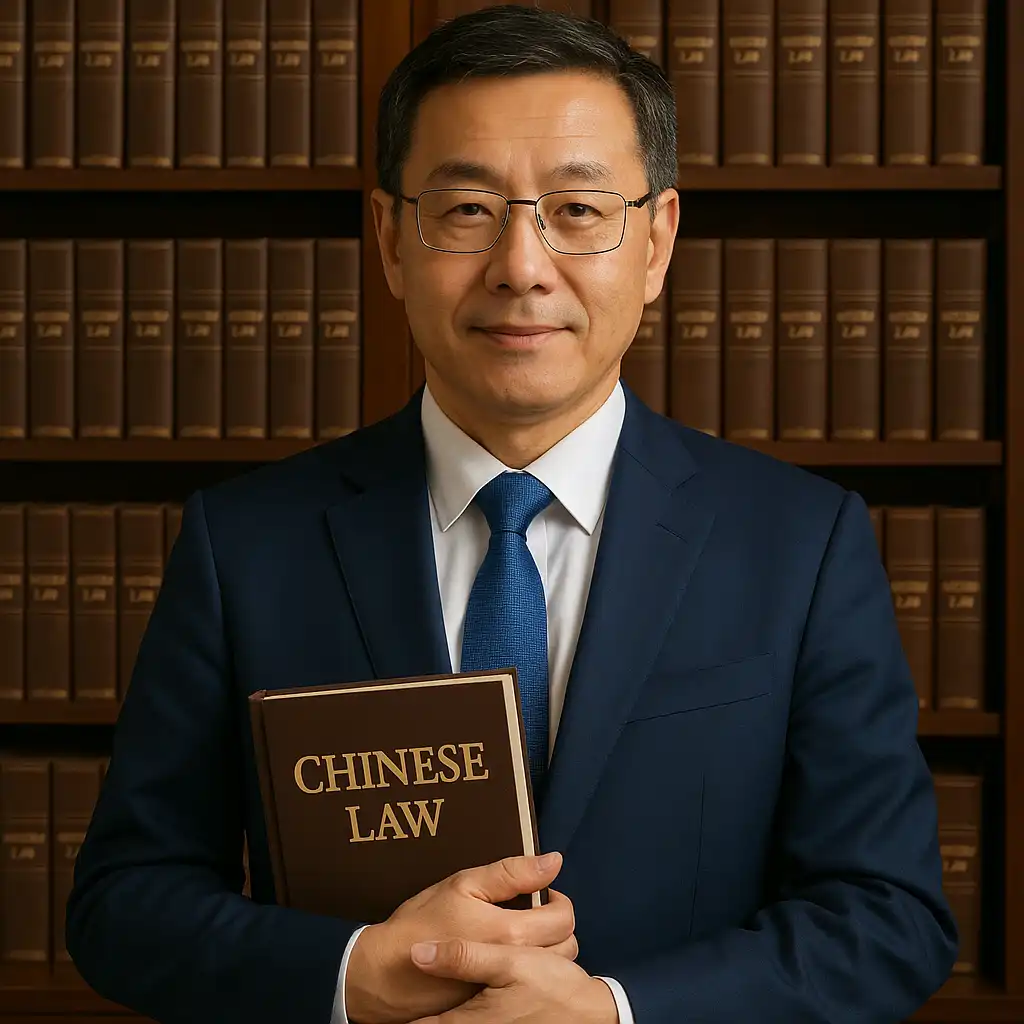Translate legal content with care: Legal document translation into Chinese is high-stakes. Follow these 4 expert tips to ensure accuracy, compliance, and smooth approval of your Chinese legal documents.
1 Don’t Use Cheap Services to Translate Legal Documents into Chinese
In the legal sector, you’re paying for the expertise and knowledge of translators and lawyers. There’s no such thing as cheap translation with high-quality output, that’s too good to be true. So, make sure you set a budget for your contracts, and you can always compare rates as you go through the process.
👉 Keep in mind that legal document translation into Chinese often takes more time and planning than general content translation. 👉 Always be cautious when you choose to Translate Legal contracts, especially those involving Chinese law. ✅
2 Use Test Translations to Find the Right Partner to Translate Legal Content into Chinese
If this is your first time to work with local suppliers in China, you can also ask for a test translation. Depending on the number of words, some agencies have set minimum words for a free test translation.
You can also ask for a paid test translation and set the minimum number of words or even pages.
👉 It can be daunting to find the right expert for legal document translation into Chinese, especially if it’s your first project. 👉 A short test is often the safest way to assess whether an agency is ready to Translate Legal documents accurately. ✅
3 Translate Legal Contracts with Confidence: Work with Chinese Law Experts

Your reputation matters. If you work with translators who are not proficient in Chinese laws, you’ll get into trouble in the future.
👉 For legal document translation into Chinese, it’s critical to work with translators who also specialize in the specific branch of law…
Better have third and even fourth sets of eyes on your final documents for crucial cases. Mistranslation of texts can ruin your reputation and may also result in a lawsuit against your company.
If you have IP (intellectual property) documents, make sure that the legal translators will not omit technical features. Or add something that may result in a change of scope of trademark protection.
👉 When you Translate Legal documents that affect business ownership, patent scope, or liability, even a single term can make a difference.
For multilingual IP issues, the World Intellectual Property Organization (WIPO) offers helpful multilingual legal resources and terminology.
4 Nuance Matters in Legal Document Translation into Chinese: Precision Is Key
Translating some words from English to Chinese can be sometimes tricky. Legal translators should be careful with the terms and nuances. They might change the texts or the thought of what the original version is actually stipulating.
The words “one” or “more” can be overlooked by inexperienced legal translators. Some may use and translate these words to “a” or “an” that may mean “one” sort or a piece or “one” piece. But the original texts may have a different meaning.
In the Chinese language, the word “必须 (bixu)” can have the English equivalent to “must”, “may,” “should,” and “shall.” Just imagine these words that are always seen and used in legal documents. The and headaches this can cause whenever you translate Chinese contracts. Have a panel of lawyers and professional legal translators to work with and consult with these details.
If you have legal documents that need Chinese translation, feel free to contact our team. It’s hard to find a long-term supplier of legal translations in Chinese.
Wish you good luck in your legal translations!
See more
Tough Challenges Of Translating Legal Documents
🧠 Pro Tip:
Always ask whether the translator or agency uses a second reviewer. In high-stakes cases like legal document translation into Chinese, dual review and legal proofreading aren’t just optional—they’re essential. A fresh set of eyes can catch mistranslations, inconsistencies, and legal ambiguities that could cost you far more than the translation fee itself. If your document involves courts, regulatory filings, or intellectual property, make sure your translator works in partnership with a legal advisor or specialist reviewer fluent in both languages.
👉 Need help with legal document translation into Chinese?
Our team of experienced legal translators and bilingual legal consultants is ready to support your project. Contact us today for a quote or consultation—we’re here to make the process smooth, accurate, and worry-free.
